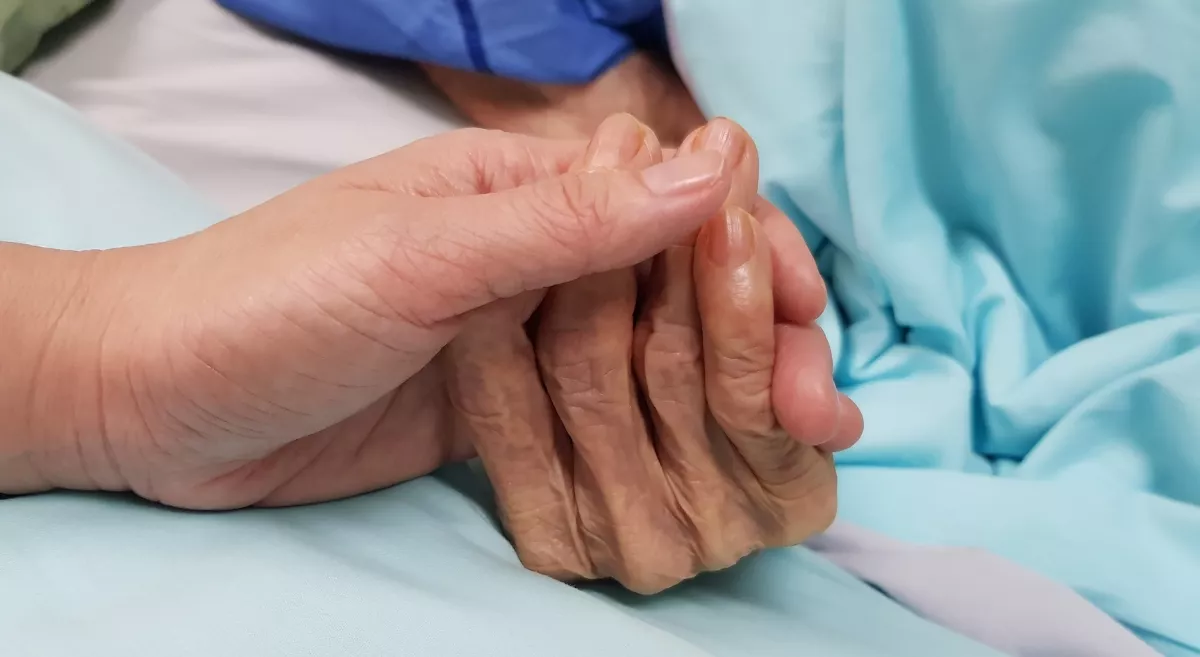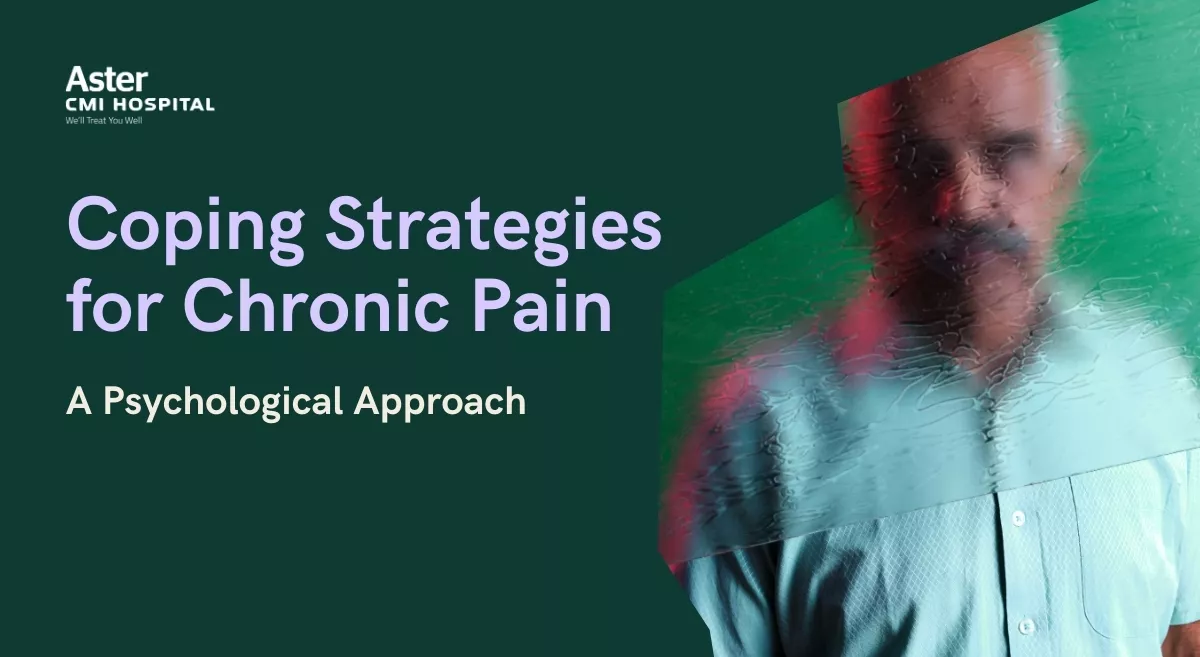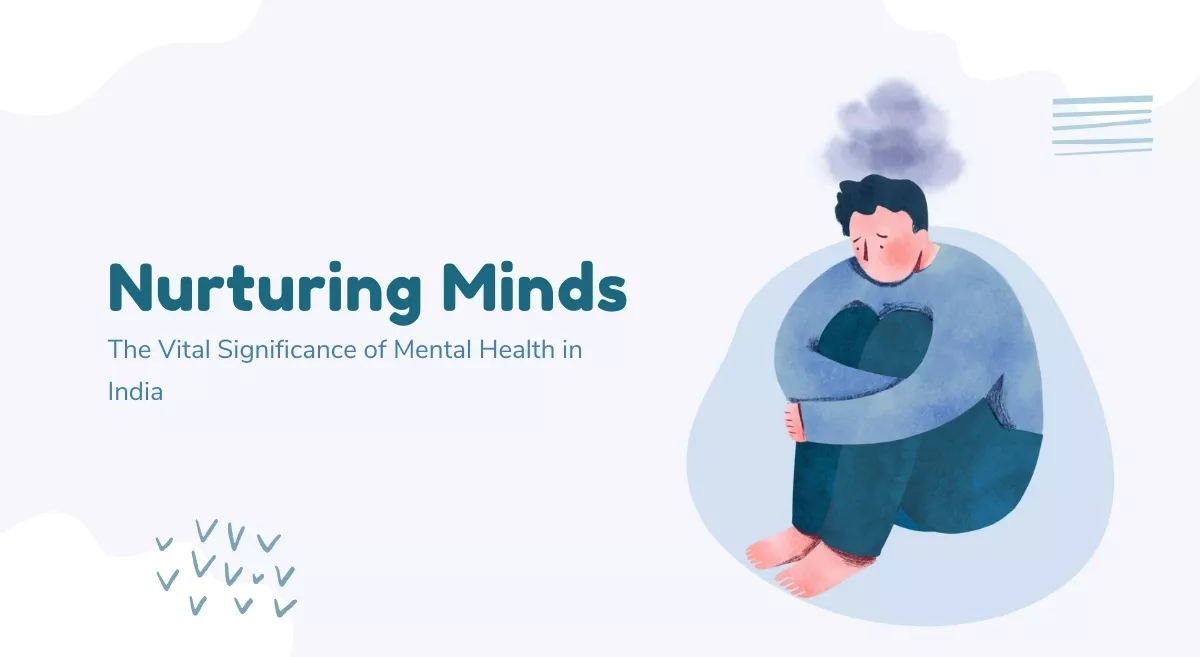The Department of Palliative Medicine at Aster CMI Hospital is one of the leading Palliative Care Centres in Bangalore with the palliative care team working on the Interdisciplinary & acute palliative care model in India. The team of professionals comes with a combined work experience of over 20 years. Practising ethical, evidence-based palliative medicine, the team is dedicated to caring for patients suffering from chronic life-limiting illnesses, throughout the entire course of illness, starting from the time of diagnosis. The team comprises pain specialists, palliative specialists, Palliative Nurse-specialists, psychologists, Nutritionists, Mind-Body Medicine specialists, Physiotherapists, Occupational therapist, who work in an interdisciplinary approach, with patient-centric management. They provide symptom control and supportive care for symptoms that could arise primarily from any life-limiting illness or from the treatment for the illness. The examples being heart failure, chronic kidney disease, chronic pulmonary disease, Cancer, Chronic liver disease, Neurological illness, Paediatric palliative care.
Holistic care:
We understand that as Individuals, pain experienced by the patient and family is multidimensional – physical, emotional, psychological, spiritual – a concept of ‘Total Pain’. Our team works by having a complete assessment of all the aspects of pain and ensuring an individualized plan to treat and care for the patient and caregiver. The treatment plans are personalized post evaluation for the specific needs and consists of non-pharmacological and pharmacological approach.
Nursing care:
Palliative Nurse Specialists are experienced professionals who are trained to provide support and advice, regarding practical care of the patient. Empowering the patient and caregiver to confidently manage symptoms at home. Care for patients is also provided on an outpatient basis through speciality clinics of Mucositis Clinic, Constipation Clinic, Malignant wound Clinic, Ostomy care, and Lymphedema care.
Extended care at home:
The team continues to supervise care for the patient in the familiar comfort of their home upon discharge. The support needed at home, the equipment required will be discussed and the family prepared for the time of caregiving at home.
Interventional Pain management:
Pain management and care go beyond just medications. We provide a holistic approach to manage difficult intractable pain. In the event of pain being refractory to these measures, Interventional pain management is offered as per the requirement of the individual patient. Interventions could be ultrasound-guided or performed in the Hybrid Cath-Lab, with the state of the art technology.
This approach of management and care, provided alongside the treating team, unquestionably sets ASTER CMI hospital as the best hospital for Pain and Palliative care.
Speciality Clinic - Read More
Our Doctors
We have some of the best specialists from around the world, they bring years of experience and offer evidence-based treatment to ensure the best care for you.
Blogs
The source of trustworthy health and medical information. Through this section, we provide research-based health information, and all that is happening in Aster Hospital.


















